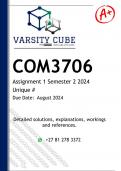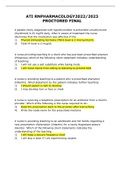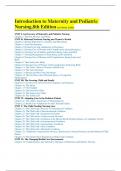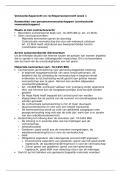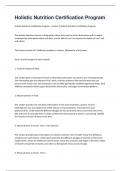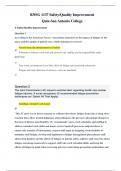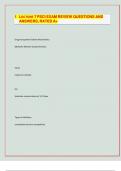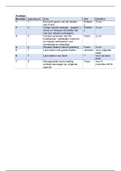Essay
Mini essay Practice Theory and Sustainability Transitions, grade: 8,5 (ENP-37803)
An essay for which I have achieved a 8,5. The assignment was as follows: In this mini-essay you explain and evaluate the relevance of a Practice Theory perspective for understanding the transition to more sustainable socio-technical systems. Please choose one of the following sociotechnical sy...
[Meer zien]





